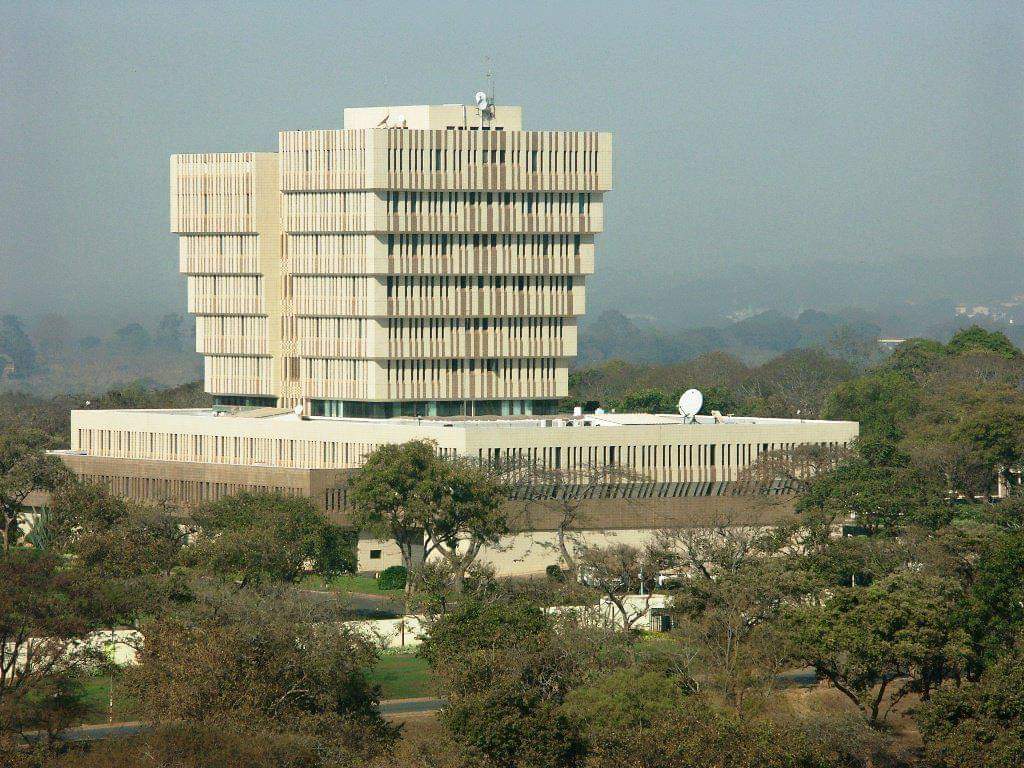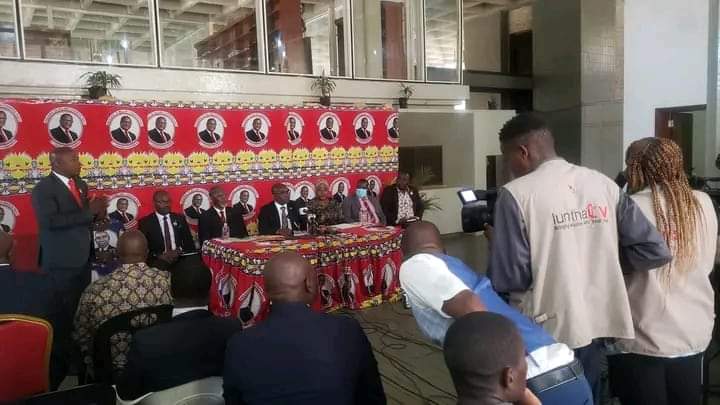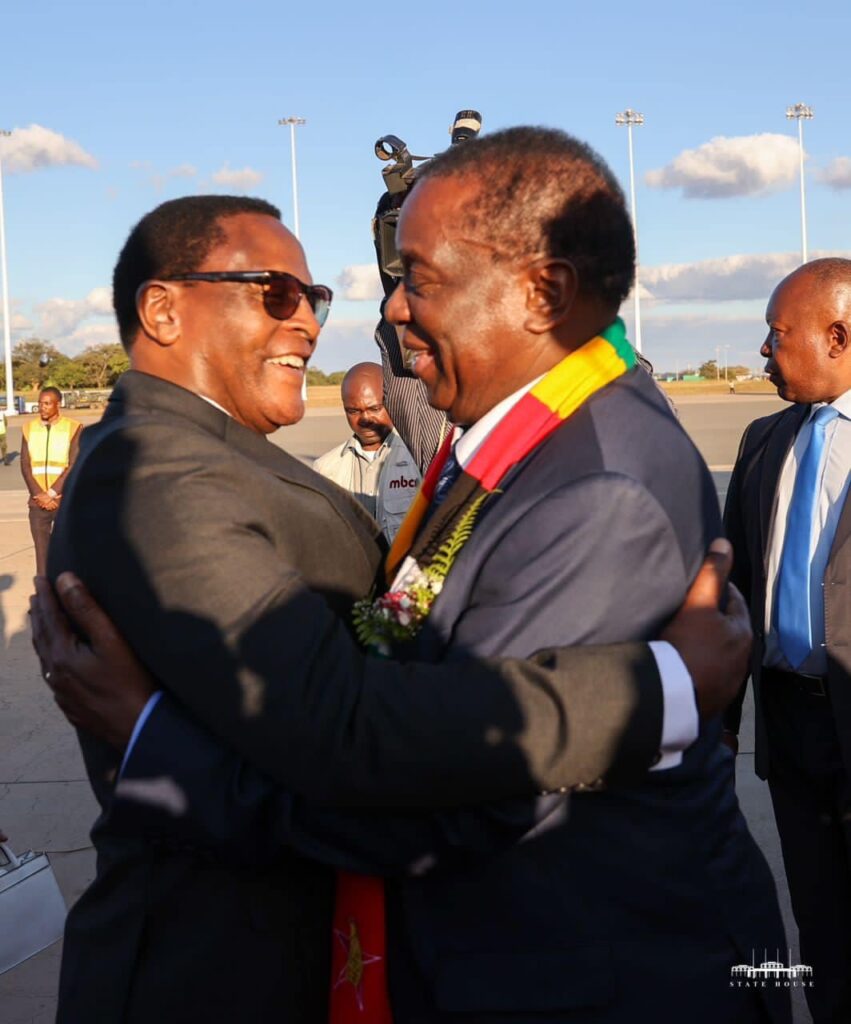Malawi Plunge Into Economic Turmoil

The Reserve Bank of Malawi (RBM) has devalued the Malawi Kwacha by 25 percent effective today, Friday 27th May 2022.
The devaluation comes in the wake of recommendations from the International Monetary Fund (IMF) delegation which is currently in the country as the government is pushing for a new Extended Credit Facility (ECF).
In a statement released by the bank dated May 26th, 2022 and signed by it’s Governor Dr. Wilson Thomas Banda, the Bank is aware that an exchange rate path cannot be predicted or determined without considering prevailing market factors.
The statement says the rising commodity prices and the Russia Ukraine war coupled with Cyclone Ana and Gombe have worsened the situation in the country.
They further state that prices in the shops are already reflected to the large extent, and aligning the ADB’s TT rate with the Bureaux Cash The rate should not lead to further price increases.
“In the short term, the Kwacha exchange rate adjustment process may add pressure on inflation but we are committed to prudent monetary and fiscal policies to contain all inflationary pressure within manageable limits,” Banda said
Meanwhile, several economic experts have warned saying the devaluation of the currency will drive up the prices of goods and services in the country, therefore, businesses will need more kwachas or higher working capital to finance them so that most of the goods are imported.
Households will also need more money to finance living expenses leading them into abject poverty if they don’t have a corresponding increase in earnings.
In an interview, Dr Betchani Tchereni an economic expert with Malawi University of Business and Applied Sciences (MUBAS) said Malawi imports most of the commodities from elsewhere and following the devaluation, prices of almost every commodity will go up.
“We are going to experience the prices of many of those commodities going up, when we say many of those commodities will mean everything because Malawi imports almost everything. Salaries for those who work will remain the same unless we are told they are going to change.
“Those who do not work at all they are going to have problems to purchase the commodities and the middle class will be wiped out,” Tchereni said
He concluded saying that in the next two to three months Malawians should expect welfare losses.
Ironically, the devaluation of the currency comes at a time when the government is still failing to reduce unnecessary spending.
On Tuesday this week, the Executive Director of the Church and Society Programmes in the CCAP Synod of Livingstonia, Moses Mkandawire pleaded to the country’s leadership to consider cutting both; local and international trips as another measure of controlling wealth and unnecessary externalization of forex.
“The leadership should minimise both; local and international travelling considering that our current economic status is very fragile,” Mkandawire said.
Meanwhile the inflation rate has risen to 19 percent from 7.1 percent between 2017 and 2020 When Dr Dalitso Kabambe was governor of the Reserve Bank of Malawi.







